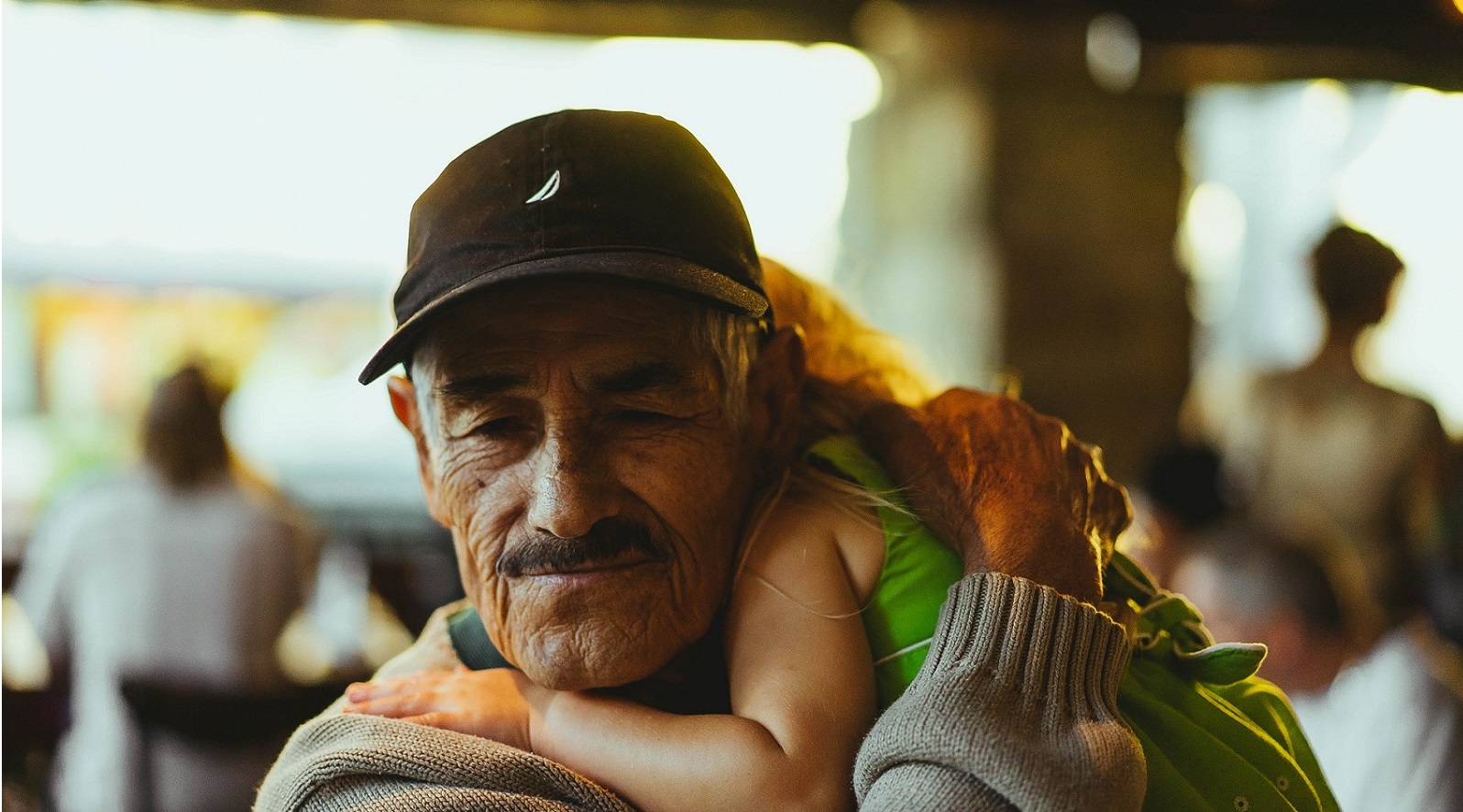Liberals Swap Out Lottery System in Parent Sponsorship Program, But New Approach Requires Greater Transparency and an End to Quotas
A new federal policy is putting an end to an unpopular parent sponsorship lottery that reunited immigrants with their parents and grandparents. In its place, the federal government has announced that a first-come-first-served system that will replace the lottery system. Canadian immigration lawyers have been cautiously optimistic about the announcement, and for a good reason.
This year, our practice had several clients who met all sponsorship requirements yet were not selected by the lottery draw. These clients were frustrated by the randomness of the system, and like many Canadians, recommended a change.
Minister Ahmed Hussen and the federal government have delivered a change, but it remains to be seen whether or not it’s for the better.
The federal government must still maintain transparency over how this new system operates. Although the random element has been removed, applications and eventual selection may still rely on the luck of the draw. This first-come-first-served system may come down to the exact second applicants submit an expression of interest.
Demonstrating when an individual submitted their expression of interest is of the utmost importance. Will the government publish reports explaining how and why the first 20,000 were selected?
What’s more, the cap (though raised to 20,000 for 2019 from this year’s 17,000) is still a quota system, despite overwhelming popularity and demand for family sponsorship.
Still, at face value, the new system is a step in the right direction. Minister Hussen cited feedback heard from Canadians and immigrants concerned about the random selection of the lottery system as a reason for the changes.
There are other positives, too. When the Liberals took office in 2015, the sponsorship lottery cap was at a too-low 5,000 cap. Since taking office, this government has also worked to decrease family sponsorship application backlogs. In 2011, this backlog was a staggering 167,000 applications, a remarkably high number given the annual cap imposed by the previous government.
While some improvements have been made to this program, there is still plenty of room for improvement. Given the popularity and demand for this program, the quota in place continues to limit and impede family reunification.
Transparency will ultimately determine whether or not this first-come-first-served approach marks a meaningful improvement over the lottery system. These changes are scheduled to roll out in 2019. For help in navigating family reunification and sponsorship programs, please don’t hesitate to contact Gerami Law PC today.
Share this article
Arghavan Gerami
Arghavan Gerami is the Founder and Senior Counsel at Gerami Law Professional Corporation ('PC'), a full-service immigration law firm in Ottawa, Ontario. Since 2011, Ms. Gerami has focused her practice on immigration and refugee litigation. Prior to that, Ms. Gerami worked at the Ministry of Attorney General and the Department of Justice and had the privilege of serving the Honourable Mr. Justice M. Evans at the Federal Court of Appeal on immigration and administrative law appeals. Ms. Gerami contributes to the Immigration Law Section of the Canadian Bar Association, the Canadian Association of Refugee Lawyers, and the United Nations High Commissioner for Refugees. Ms. Gerami has also published numerous journal articles and presented at various immigration and refugee law conferences and events across Canada.

